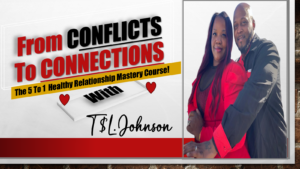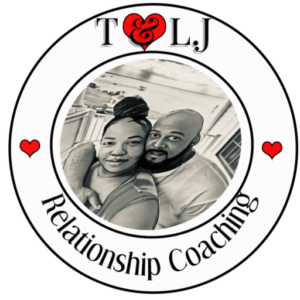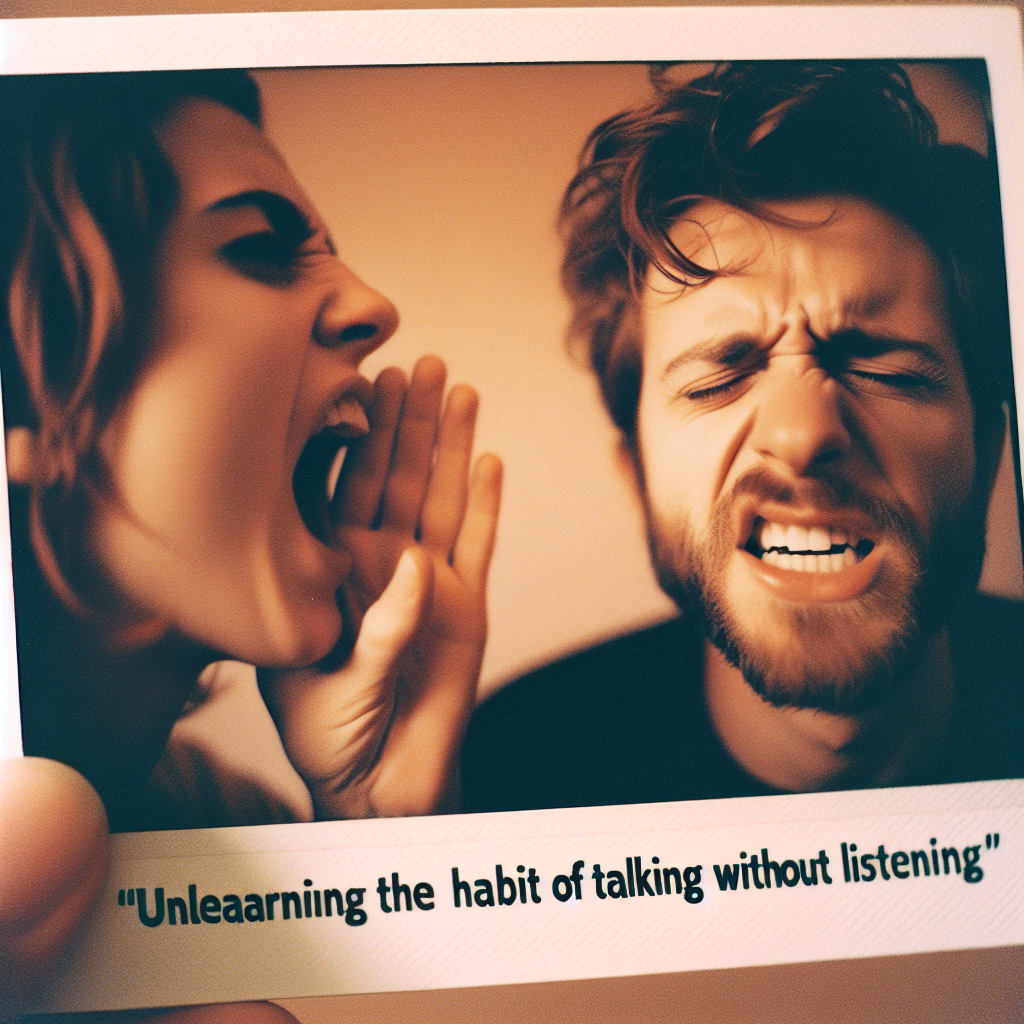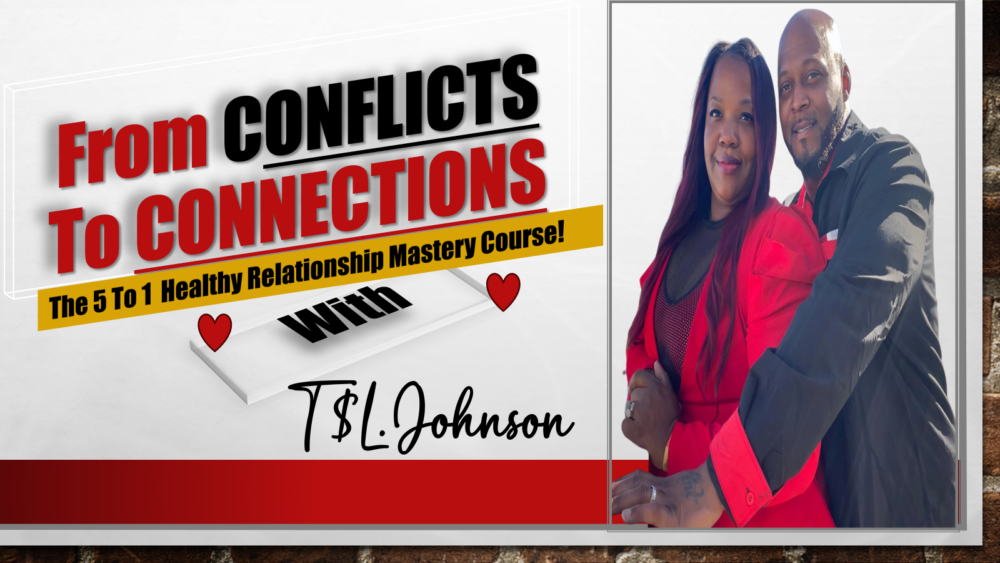1. Acknowledge the Hurt
Understanding the Impact
One of the first things I learned about dealing with hurtful words is the importance of acknowledging that they can really sting. It’s crucial to recognize how those words made you or someone else feel. Writing down our feelings helped me process the hurt and reflect on why it affected me as much as it did.
It’s easy to brush things off or pretend they don’t bother us. But trust me, ignoring the impact doesn’t make it disappear. Instead, confronting those feelings head-on helps create a strong foundation for healing.
I realized that acknowledging the hurt is the start of opening up a dialogue. It shows vulnerability, and it’s an essential step for rebuilding trust after being wounded by someone’s words.
Validating Emotions
It’s super important to validate your feelings, and those of others involved. You know, sometimes all we need is for someone to say, “Hey, it’s okay to feel this way.” Accepting our emotions as valid instead of pushing them aside allows for healing to take place. Trust was broken, and it’s essential to give yourself the space to feel disappointed or angry.
This validation can be a game changer when you’re navigating tough conversations. I’ve found that sharing how I felt with a close friend or through journaling made everything a little easier to tackle. It’s like having a little safety net while figuring things out.
When you allow those feelings to take center stage, you pave the way for healthier discussions. Just knowing that it’s okay to feel hurt actually encourages deeper communication later on.
Communicating Pain
Once I was able to acknowledge and validate my hurt, the next step was figuring out how to express it to the person who caused it. To be real, it can be scary. I remember worrying about how they’d react or whether they’d even care. But it’s a necessary step in rebuilding trust.
I approached this conversation with honesty, focusing on how their words affected me rather than attacking them. Using “I” statements instead of “you” statements helped me avoid putting them on the defensive. It’s all about keeping the lines of communication open.
Being open about pain can be a little daunting, but trust me, it’s worth it. It fosters an understanding of each other’s emotional landscape, making it easier to come back together as a team.
2. Engage in Honest Conversations
Setting the Stage for Dialogue
Honest conversations can lead to healing, but there’s a bit of an art to it. First off, I learned it’s crucial to create a safe space where both people can express themselves openly without fear of judgment. This could be over coffee, or even a quiet walk in the park. Just somewhere comfortable.
Before diving in, I usually take a moment to gather my thoughts. Knowing what I’d like to convey, and perhaps even writing down the key points, helps me stay focused. It’s amazing how those few moments of preparation can make a real difference in how effectively we communicate.
Starting the conversation with kindness sets the tone for everything else. I still remember how sharing an emotion-filled hug sometimes breaks the ice and creates a warmer space for open dialogue.
Listening Actively
Now, while talking is key, listening is equally important. During these hard conversations, I’ve trained myself to be an active listener. That means giving the other person my full attention, putting aside distractions, and really hearing what they’re saying.
As they share their side, practicing empathy instead of defensiveness can lead to a deeper understanding. I’ve found that repeating back what I’ve heard can help clarify things and show that I’m genuinely trying to understand their perspective.
Active listening isn’t just being quiet while someone else talks; it’s about engaging, asking questions, and reflecting. The more I apply this, the more I see trust begin to bloom again.
Resolving Misunderstandings
Sometimes, hurtful words stem from misunderstandings. So, it’s crucial to address any unclear messages that may have been exchanged. I remember a time when I took something personally that wasn’t intended to be hurtful. Clearing up these kinds of grievances can significantly reduce the weight of hurt.
When you resolve misunderstandings, it leads to clearer communication in the future. By discussing what each of us meant, we learned to be more mindful of our wording and intentions moving forward.
This step can also require patience, as it might take more than one talk to fully untangle the mess. I’ve learned that staying committed to resolving misunderstandings helps reestablish the trust that was lost.
3. Rebuild Trust Gradually
Taking Small Steps
Trust isn’t simply restored overnight. It requires consistent effort, and I’ve realized that taking small steps makes this journey feel less daunting. Even tiny gestures can gradually rebuild what was lost. This could be regularly checking in with each other or being more open about personal feelings.
With every positive interaction, we show that we’re committed to restoring trust. I’ve found scheduling regular catch-ups can help keep the connection strong. It’s the little things that build up over time, creating a sense of reliability.
Don’t get frustrated if progress feels slow; healing truly takes time. I remind myself that each step I take brings me closer to a healthier relationship.
Consistent Communication
In my experience, consistent communication is like the glue that holds the trust reconstruction process together. After a painful experience, ensuring that we’re in constant contact can reinforce our commitment. Whether it’s a simple message to check in or discussing our feelings openly, it all contributes to healing.
I’ll admit that sometimes, it’s easier said than done. Becoming vulnerable isn’t always comfortable! However, making the effort to engage frequently helps build a stronger bond. It’s about creating a rhythm that feels good and natural for both parties involved.
Encouraging openness creates a safety net where both sides can share their thoughts without fear. And let me tell you, that kind of reassurance can do wonders for the healing process.
Being Patient
Patience is a virtue that’s often easier talked about than practiced, right? But when it comes to rebuilding trust, it’s non-negotiable. I’ve had moments when I expected too much too soon, only to feel disheartened. Remembering that time is a significant player in this game is essential.

Allowing time for healing means understanding that it’s completely okay to have ups and downs. I remind myself that trust isn’t just about the big actions, but also the small, consistent efforts over time. Celebrating small victories helps to maintain motivation to keep pushing forward.
In the end, being patient with the process can lead to a deeper, more resilient connection than before. It’s a journey worth embarking on!
4. Forgive and Let Go
Understanding Forgiveness
One of the toughest lessons I had to learn was that forgiveness isn’t about condoning the hurtful behavior; it’s more about freeing myself from the burden of anger. Realizing this was a game changer in my personal relationships. Forgiveness is a gift you give to yourself.
Letting go of resentment can feel like lifting a heavy weight off my shoulders. It’s not always an easy road, but once I understood that holding onto pain only kept me stuck in negativity, I knew I had to let it go. This process often requires reflection and, at times, support from trusted friends or a therapist.
Forgiveness is also an act of self-love. By prioritizing my mental health, it allows for a fresh start and paves the way for rebuilding that much-needed trust.
Embracing Vulnerability
Letting go often means embracing vulnerability. For me, allowing myself to be open about my feelings and experiences can feel intimidating, but it’s also incredibly freeing. It’s like peeling away the layers to reveal a more authentic part of myself.
While being vulnerable can feel like walking on eggshells, it’s also a powerful way to bond with others. I’ve noticed that when I let my guard down, it encourages others to do the same, leading to deeper connections. Vulnerability fosters empathy, making it much easier to rebuild bridges that may have been burned.
Ultimately, embracing vulnerability creates a safe space where open conversation can thrive, allowing both parties to feel seen, heard, and understood again.
Moving Forward Together
After working through forgiveness and vulnerability, the next step is to focus on the present and future, rather than fixating on the past. It’s all about moving forward together as a united team. I’ve learned that creating new positive experiences is crucial for restoring trust and forging stronger bonds.
Looking ahead, we can prioritize making memories that contribute to a positive relational environment. I often suggest planning fun activities or simply spending quality time together as a way to instill new hope.
By consciously choosing to move forward together, we turn painful moments into opportunities for growth, fostering a healthier, more resilient relationship.
5. Set Boundaries and Expectations
Establishing Healthy Boundaries
After navigating the rocky road of healing, I realized how essential it is to have healthy boundaries in place. Setting these boundaries helps ensure that we’re both protected and respected in the relationship. This means openly discussing what’s acceptable and what isn’t.
When I established clear boundaries, it allowed the other person to understand my limits. Being upfront about what behaviors or words would cross the line creates a safer space for both parties. It’s all about creating mutual respect.
Believe me, having these boundaries makes working through future issues so much easier. You’re not just fixing an old problem; you’re also preventing new ones from popping up down the line.
Communicating Expectations
Along with boundaries, communicating expectations sets the stage for success in rebuilding trust. I found that discussing what I need from the other person and what they can expect from me is vital. Clear expectations reduce the likelihood of misunderstandings, which can lead to hurt feelings.
During these discussions, it’s essential to be honest yet compassionate. This way, we’re both on the same page about what we want from our relationship going forward. I’ve always found that creating a safe atmosphere encourages everyone to express their needs without fear.
Aligning these expectations often creates a sense of partnership. When both parties agree on what to expect from one another, it fosters a greater level of trust and intimacy.
Revisiting Boundaries and Expectations
Lastly, it’s important to revisit and adjust boundaries and expectations as needed. Life changes and circumstances evolve, so it only makes sense to ensure our agreements fit those shifts. Regular check-ins help reinforce understanding and openness, which makes it easier to navigate any bumps along the way.
I’ve found that allowing for flexibility in these conversations keeps things fresh and prevents misunderstandings from arising. It’s a continuous process of growth together as individuals and partners.
Ultimately, consistently addressing boundaries and expectations can strengthen our connection, moving us toward a more trusting relationship.
Frequently Asked Questions
1. What is the first step in healing after hurtful words?
The first step is acknowledging the hurt caused by the words. It’s crucial to recognize and validate the emotions that arise from those words before moving forward.
2. How can I communicate my feelings without sounding confrontational?
Using “I” statements rather than “you” statements can help. For example, say “I felt hurt when…” instead of “You hurt me when…”. This approach keeps the focus on your feelings rather than placing blame.
3. Is patience important in rebuilding trust?
Absolutely! Trust takes time to restore, and being patient with the process allows for gradual healing and a more resilient relationship.
4. How often should I check in with someone I’m trying to rebuild trust with?
Regular check-ins are helpful! It could be weekly or bi-weekly—whatever feels right for both parties. The key is to maintain consistent communication and connection.
5. Can boundaries really help restore trust in a relationship?
Yes! Establishing clear boundaries sets a foundation for respect and understanding, helping both parties feel safe and valued in the relationship.

Schedule Your First 20-Minute Coaching
Call With Us Today to see if we fit . You pick the price!
Click Here




